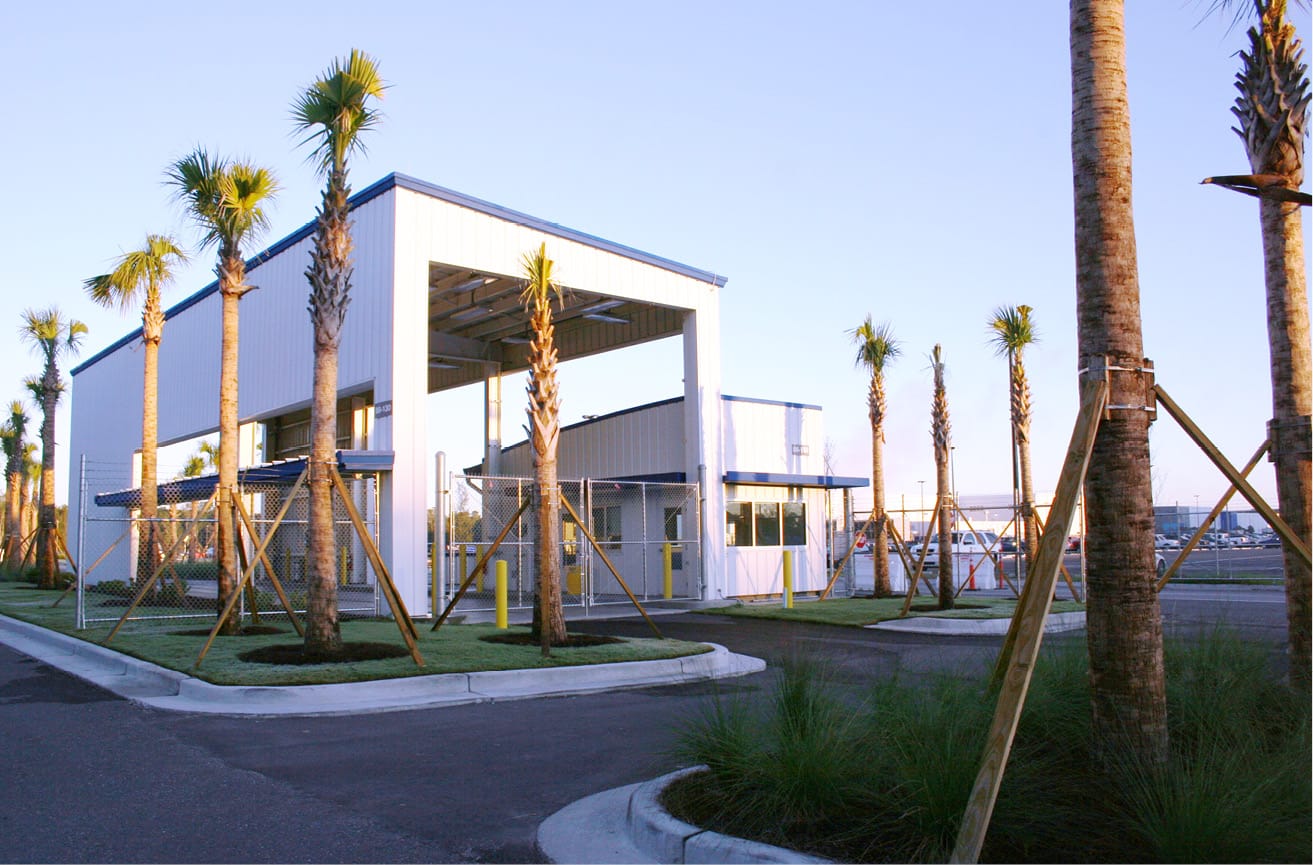In a recent statement, U.S. Senator JD Vance from Ohio has drawn attention to the potential for a strategic partnership with Greenland, suggesting that there are numerous opportunities for collaboration that could benefit both the United States and the autonomous territory. Vance’s remarks come at a time when global interest in Greenland’s resources and strategic location is on the rise, particularly in light of changing geopolitical dynamics.
Vance articulated his vision during a press conference, where he outlined several key areas where he believes a deal could be made. One of the primary focuses of his discussion was the rich natural resources that Greenland possesses, including rare earth minerals, which are essential for various high-tech industries. As the world increasingly shifts towards renewable energy and advanced technologies, the demand for these resources is expected to grow. Vance emphasized that the U.S. should explore opportunities to invest in and collaborate with Greenland to secure access to these vital materials.
In addition to natural resources, Vance highlighted the potential for infrastructure development in Greenland. The territory has been working on improving its transportation and communication networks, which are crucial for both economic growth and connectivity with the rest of the world. Vance suggested that U.S. investment in these infrastructure projects could not only enhance Greenland’s economy but also strengthen the strategic partnership between the two regions. He noted that such investments could create jobs and stimulate economic activity, benefiting both Greenland and the United States.
Geopolitically, Vance pointed out that Greenland’s location makes it a significant player in the Arctic region. As climate change continues to open up new shipping routes and access to resources, the strategic importance of Greenland is likely to increase. Vance argued that the U.S. should take a proactive approach in engaging with Greenland to ensure that it remains a key ally in the Arctic. He expressed concern that other nations, particularly China and Russia, are also eyeing Greenland for their own strategic interests, and he believes that the U.S. must act swiftly to solidify its relationship with the territory.
Vance’s comments come in the wake of renewed interest in Greenland from various sectors, including business and government. The territory has been exploring opportunities for foreign investment and partnerships, particularly in the areas of mining, tourism, and renewable energy. Vance’s advocacy for a deal with Greenland aligns with broader U.S. interests in the Arctic, where competition for resources and influence is intensifying.
The senator’s remarks have sparked discussions among policymakers and business leaders about the potential for collaboration with Greenland. Some experts believe that a partnership could lead to significant economic benefits for both parties, while also enhancing U.S. strategic interests in the region. However, there are also challenges to consider, including the need for careful negotiation and respect for Greenland’s autonomy and governance.
As the conversation around Greenland continues to evolve, Vance’s call for a strategic partnership highlights the importance of engaging with this unique territory. The potential for collaboration in natural resources, infrastructure, and geopolitical strategy presents an opportunity for the U.S. to strengthen its ties with Greenland while also addressing its own economic and security interests.
In conclusion, JD Vance’s assertion that there is a deal to be made in Greenland reflects a growing recognition of the territory’s significance on the global stage. As the U.S. navigates its relationships in the Arctic and beyond, the potential for collaboration with Greenland could play a crucial role in shaping future economic and strategic outcomes. The coming months may reveal how these discussions develop and whether tangible partnerships can be established.



